(855) 261-1248 pop-up claiming ‘your computer has been infected and blocked with error code’ is used to cause distress and help the swindlers promote their questionable service or low-quality products. This fake warning from windowsfailerror9073.com or other phishing pages is powered by an unwanted adware or risky program infiltrating your computer system. It usually disguises as an official warning from Microsoft/Apple support or takes the form of BSOD, cutting in your rotation and freezing up your screen.
Never be Taken in by (855) 261-1248 Pop-up
(855) 261-1248 Ad is appointed to compromise your browser via modifying your browser settings stealthily and activating malicious java script codes. So you will constantly run into this security warning. You should know that Microsoft does not ask for computer users’ personal or financial information to fix their computers via sending unsolicited email messages or making unsolicited phone calls. This technical scam is used for evil purposes – to cause distress and deceive innocent and inexperienced computer users into contacting the swindlers, who are ready to charge you in many different ways.
* Never at irrationally and call this unsolicited line.
* Never provide any personal information with those people pretending to be certified.
* To avoid potential damage, you should complete (855) 261-1248 scam removal timely. You could try the following plans if necessary.
Plan A: Clean up (855) 261-1248 pop-up Automatically with SpyHunter (For Win OS)
Plan B: Purge (855) 261-1248 pop-up Automatically with MacKeeper (For Mac OS)
Plan C: Remove (855) 261-1248 pop-up Manually from your computer
Plan A: Remove (855) 261-1248 pop-up Automatically from Win OS with SpyHunter
SpyHunter by Enigma Software Group LLC is a spyware detection & removal tool providing rigorous protection against the latest threats including malware, trojans, rootkits & malicious software. It will not only update malware detection and removal definitions daily, but also offer you free technical support and custom fixes for hard-to-kill malware with limited interaction.
Step 1. Click the following icon to get malware removal tool SpyHunter and install it on your computer

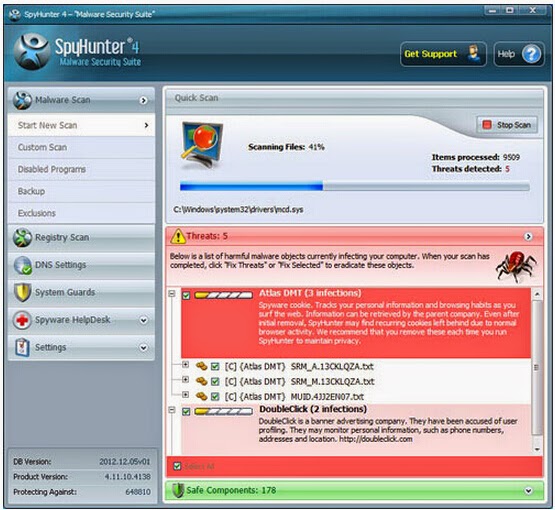
Step 3. Get rid of all detected items by clicking "Fix Threats" button
Plan B: Clean up (855) 261-1248 pop-up Automatically from Mac OS with MacKeeper
MacKeeper has impressive features: *** Search and solve, that offers you information about cleaning, the performance and the security of your computer. *** Internet Security, a module that once installed protects you against malware. *** Antitheft, to locate your Mac in case of theft. *** Expert at hand, thanks to which you can get in touch with specialists. Therefore, if you want a program that allows you to have full control on your Mac's security, this is the tool you need. |
Step 1. Download MacKeeper and get it installed to your Mac by following the on-screen tips.
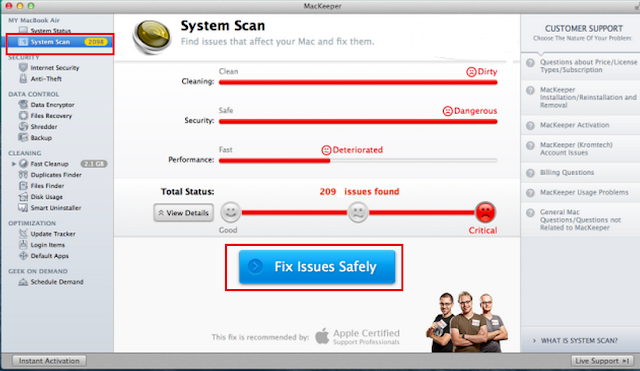
MacKeeper can do more than erase all sorts of internet threats and allow you to have full control on your Mac’s security. If you have any problem using this tool, you could get in touch with specialists from its Geek on Demand feature.

Plan C: Remove (855) 261-1248 pop-up Manually
Step 1. End malicious processes generated by this Ad
Right click on the taskbar and select Start Task Manager. Navigate to Processes tab, search for malicious processes and suspicious ones, choose them and click “End Task”.
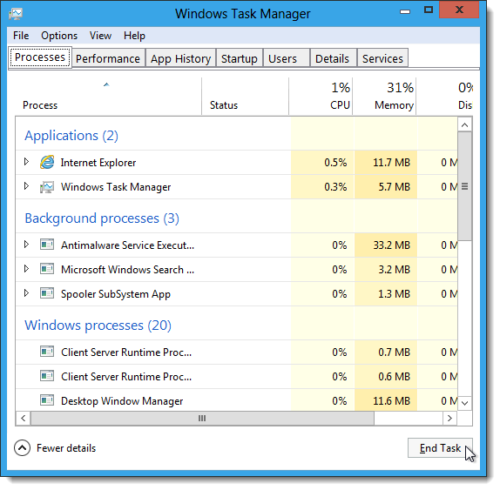
On Mac OS:
Choose Force Quit from the Apple menu, or press key combination (Command + Option + Esc) to open the Force Quit Applications window to do this.
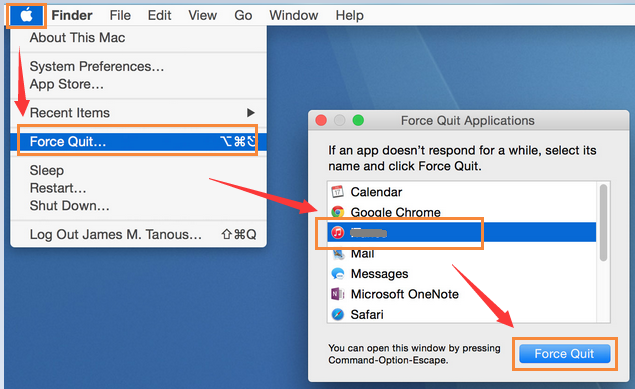
Step 2. Uninstall unwanted application that bundled with this Ad
On Windows Computer:
Win 7: Go to the “Start” menu, select “Control Panel”. Locate “Programs”. If there is anything related to this scam pop-up on the list of your Programs, then select it and uninstall it.
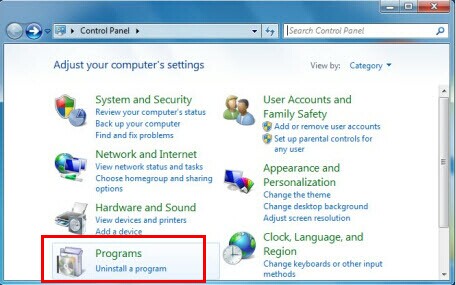
Windows 10/8:
- Right-click the Start button (or Open Win+X Power menu), tap on Control Panel
- click Uninstall a program, right-click on the program that you want to remove from your Windows and then click Uninstall button.
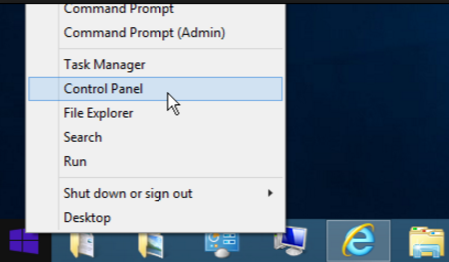
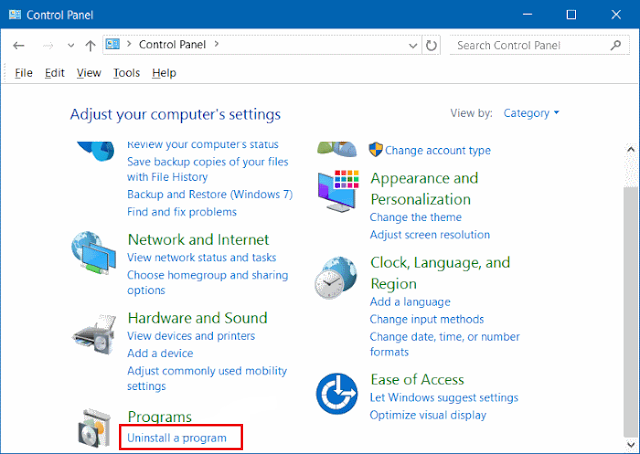
On Mac:
Go to the Launchpad, search for suspicious application, click and hold its icon with your mouse button to continue.
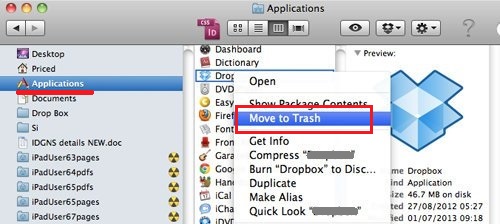
Step 3. Reset your affected browsers one by one
Google Chrome:
Click the Chrome menu on the browser toolbar and select Settings:
a) Scroll down to the bottom of chrome://settings/ page and click Show advanced settings
b) Scroll down to the bottom once again and click Reset Settings
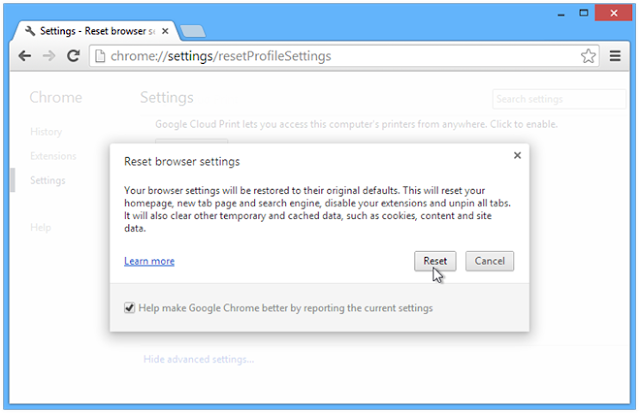
Internet Explorer:
a) Click Start, click Run, in the opened window type "inetcpl.cpl".
b) Click "Advanced" tab, then click Reset.
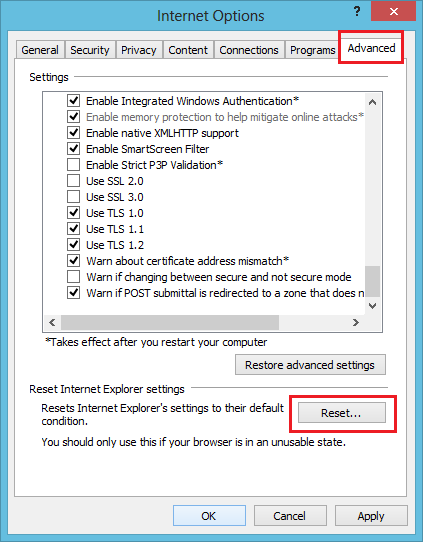
Mozilla FireFox:
Open Firefox->> choose Help ->>choose Troubleshooting information
a) Click on Reset Firefox. Choose Reset Firefox again to make sure that you want to reset the browser to its initial state.
b) Click Finish button when you get the Import Complete window.
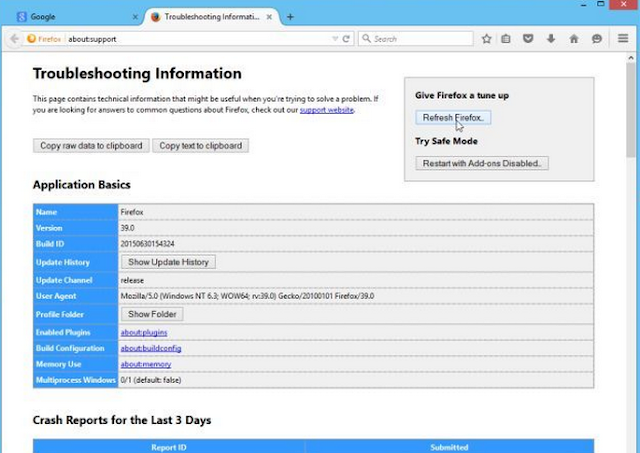
Edge:
a) Click the three horizontal dots in the upper right corner of the Edge window and choose "Settings". b) Under Clear browsing data, click "Choose what to clear" and then click "Show more". c) There are a lot of data types here. Select them all and click "Clear".
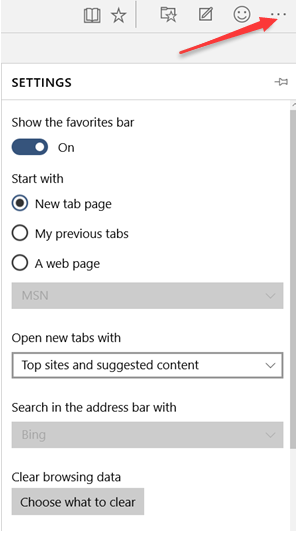
Safari
a) Open your Safari browser from the dock.
b) Click on Safari in your Safari menu at the top of your screen.
c) A drop-down menu will now appear. Choose the option labeled “Reset Safari…”
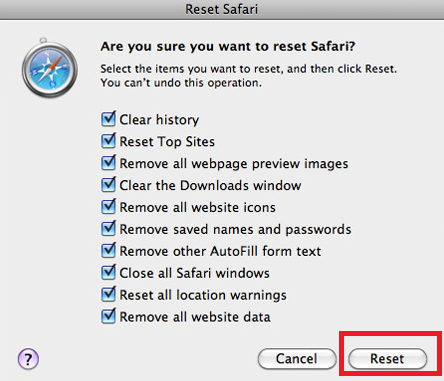
Specially Remind:
Anything taking a hand in your browsing and messing up things like 1-855-261-1248 pop-up should be eliminated in a timely fashion. If you are puzzled by the manual removal steps, you could feel free to get assistance from SpyHunter (For Win OS) or MacKeeper (For Mac).



No comments:
Post a Comment